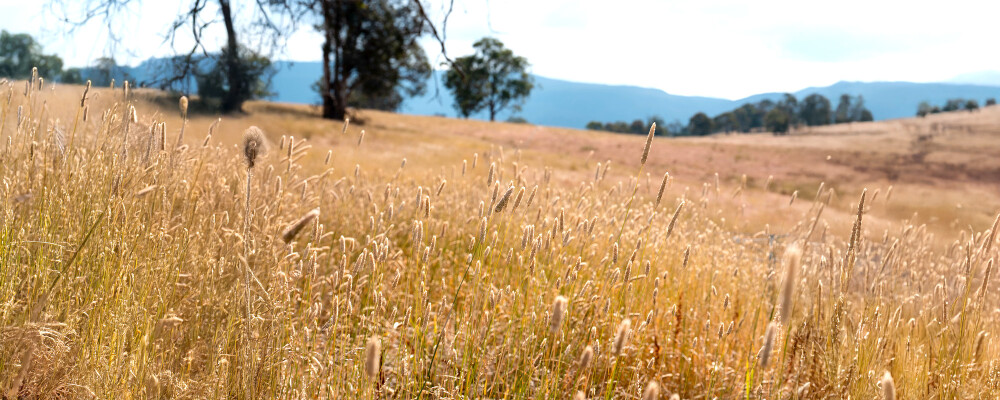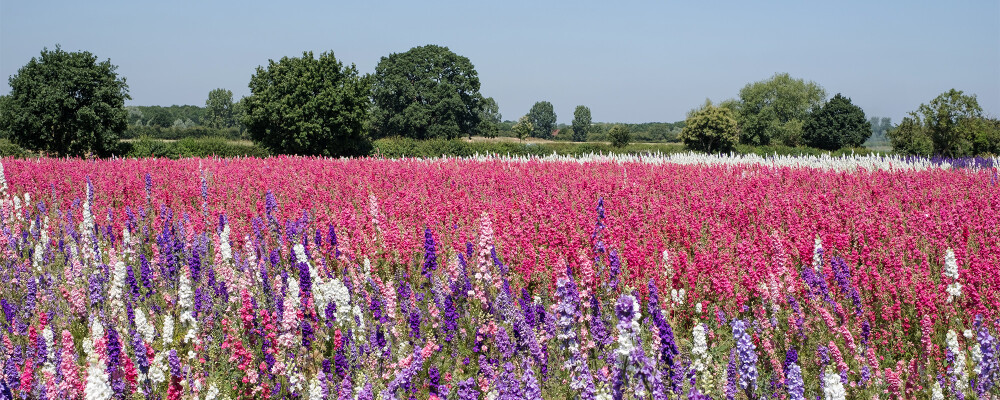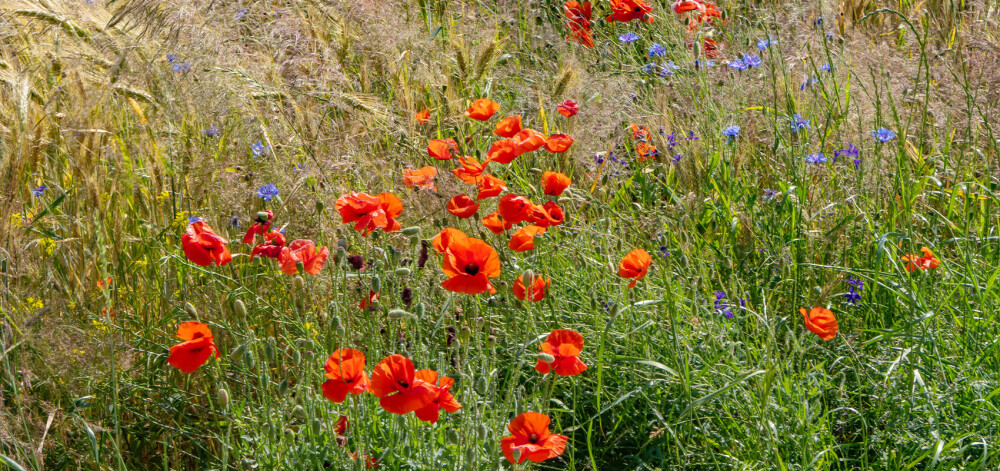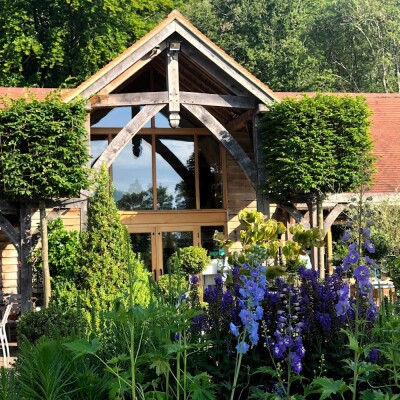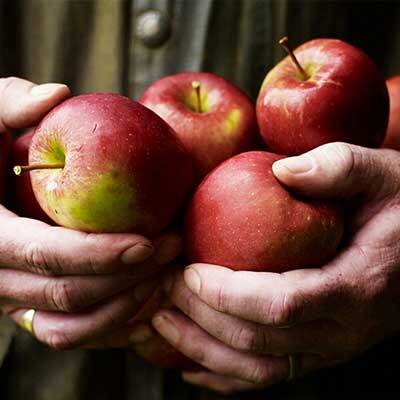Our Mission: A Sustainable Food System
A clear goal has been set: to achieve net zero emissions across Waitrose farming operations by 2035 and throughout our entire supply chain by 2050. To reach these ambitious targets, the "Farming for Nature" initiative is actively supporting over 2,000 British farmers to transition to more nature-friendly methods. This vital shift not only helps combat the escalating effects of climate change but also ensures that farms receive the essential financial and logistical support needed to transition to a sustainable future. For customers, "Farming for Nature" offers reassurance that purchases at a Waitrose store contribute to a food system that actively restores and collaborates with the natural world.
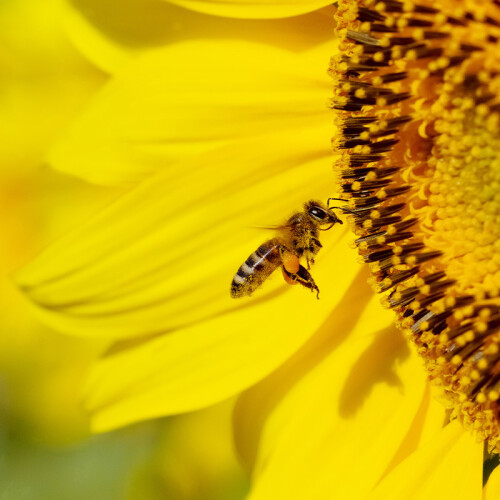
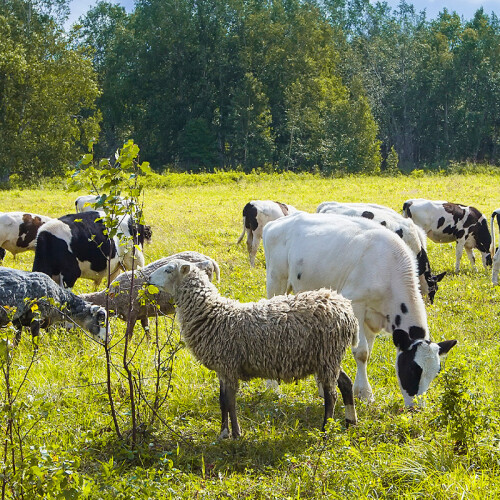
What Drives Us: Good for People, Good for Nature
An important motivation for implementing our Farming for Nature initiative is enabling food lovers to feel happy and reassured about their purchases, knowing that ethical and sustainability concerns are prioritised every step of the way.
However, "Farming for Nature" extends beyond just growing food. It is an investment in a healthier planet for generations to come, built upon six key regenerative principles.
- Understanding Farm Context: Regenerative farming seeks to achieve a harmonious balance between nature and agricultural practices, recognising that each farm is unique.
- Minimise Soil Disturbance: The earth's soil is a living ecosystem, home to vital flora and fauna that support regeneration. Minimising disturbance protects this crucial foundation.
- Maximise Crop Diversity: Diverse plant life is essential for attracting a wide array of insects and promoting a balanced, resilient ecosystem within the farm.
- Keep Soil Covered: Maintaining continuous soil cover year-round not only protects the soil structure but also significantly enhances its overall health and fertility.
- Maintain Living Roots: The consistent presence of living roots is vital for feeding the microbial life within the soil, fostering a thriving underground environment.
- Integrate Livestock: Where appropriate, integrating livestock allows animals to graze vegetation naturally, contributing to soil fertilisation and overall biodiversity.
The Benefits to You and Nature
Regenerative farming offers incredible benefits for both the environment and your plate, enabling farmers to produce even more appealing food.
How It Benefits You, the Consumer:
- Reduced Exposure to Chemicals: Regenerative farms often minimise synthetic fertilisers, pesticides and herbicides, leading to cleaner, safer food with fewer chemical residues.
- Better Food Security: Healthy soils retain more water and resist erosion, making farms more resilient to climate change and ensuring a more stable, reliable food supply.
- Environmental Benefits: By supporting regenerative practices, you contribute to a healthier planet through enhanced carbon capture, restored biodiversity and improved water quality.
- Improved Flavour and Quality: Healthier soils and diverse farming systems often result in better-tasting, higher-quality food.
- Ethical and Sustainable Choices: Choosing food from regenerative farms means supporting systems that prioritise animal welfare, soil regeneration and long-term environmental sustainability.
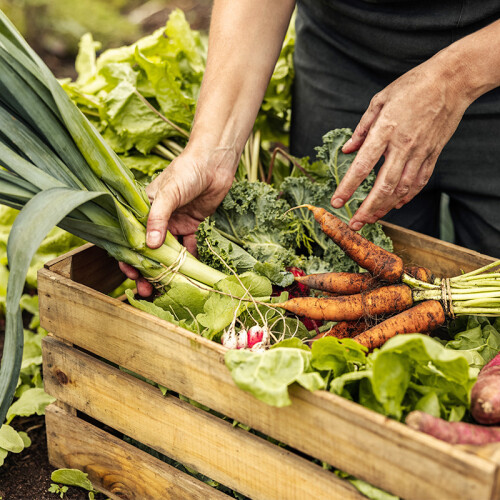
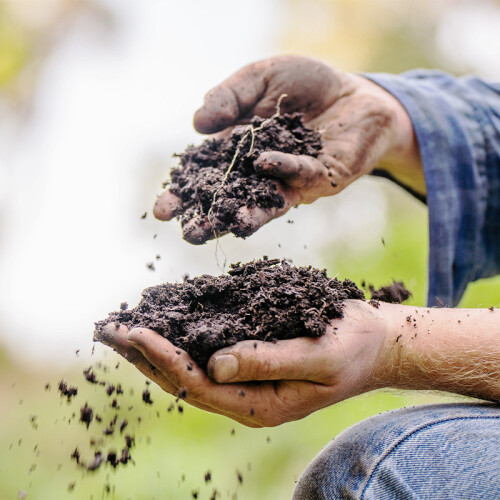
Helping Nature Thrive
At the Leckford Estate, over a quarter includes vast permanent grasslands, dedicated to enhancing natural habitats. Through higher-tier Countryside Stewardship Agreements, the Estate actively preserves and improves habitats, hedgerows, woodlands, rivers and arable land, to boost species like Water Vole, Grey Partridge, Corn Bunting, Lapwing and various arable plants. Crucially, findings and knowledge gained from Leckford will be shared with other farmers across the UK. The John Lewis Partnership is also dedicated to protecting and enhancing biodiversity.
Monitoring Progress on the Farm
To precisely determine the impact of land management practices, we focus on three key areas, dubbed the ‘Big Three’: providing wildlife habitats, ensuring summer food sources for birds and insects and creating winter foraging opportunities. A dedicated Biodiversity Officer leads species monitoring, collaborating with experts and seeking volunteers. The initiative proudly works with esteemed organisations like The John Spedan Lewis Trust for the Advancement of Natural Sciences and Winchester to River Test Farmer Cluster Group as well as academic and research institutes such as the University of Reading’s Centre of Agri-Environmental Research, the Game and Wildlife Conservation Trust, Plantlife, the Wessex Rivers Trust and the RSPB.
Through these concerted efforts, the Farming for Nature initiative, centred around the Leckford Estate, is paving the way for a more sustainable, resilient and nature-friendly future for British agriculture.

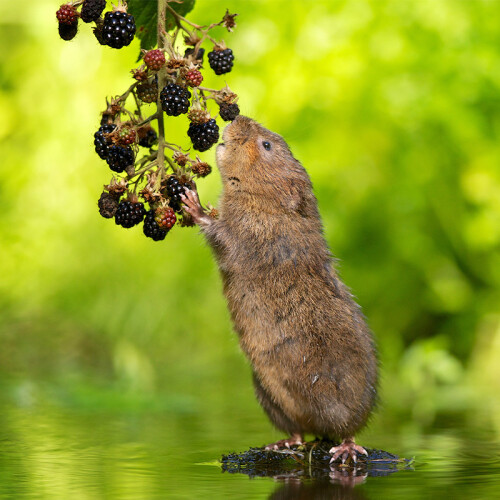
Take Action: Be Part of the Change!
Every small change creates a lasting and huge impact. By choosing products from British farms committed to regenerative practices, like those supported by the Leckford Estate's initiative, you're investing in a healthier tomorrow for both nature and food production.
Make a difference with every choice. Learn more about the transformative work of Farming for Nature and how you can support this vital movement. Your conscious decisions contribute directly to a flourishing natural world - discover how at the Farming for Nature website.
